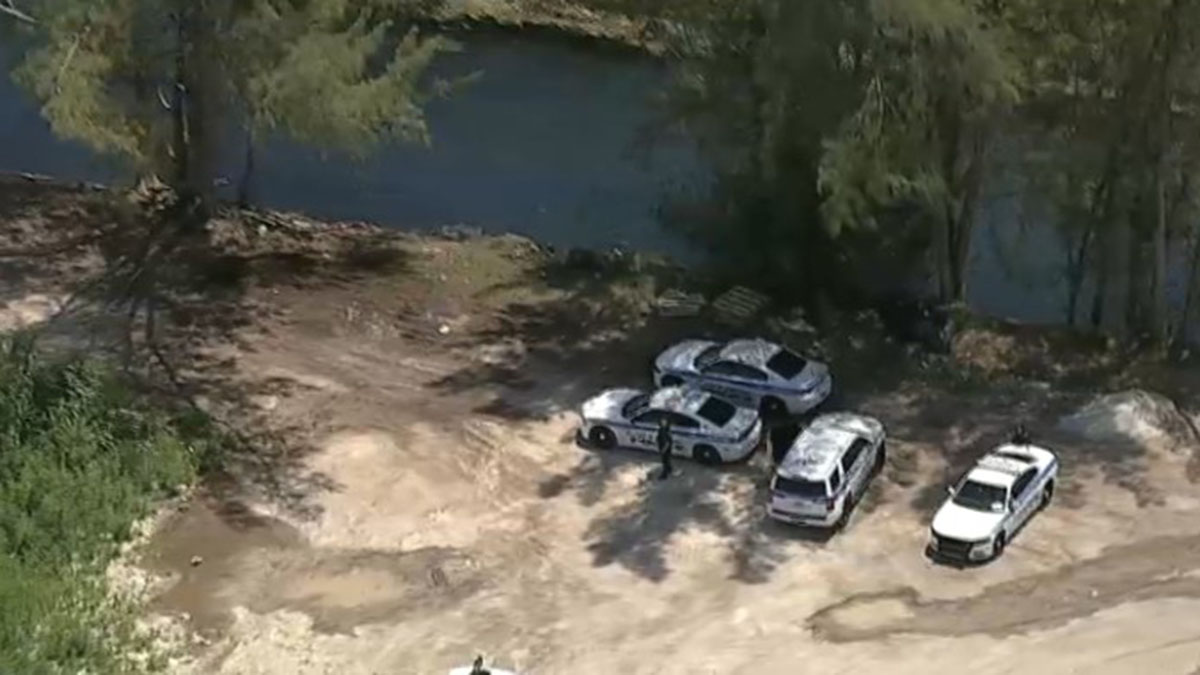Advanced placement courses aren’t just for students bound for the Ivy League. Miami-Dade County Public Schools has been pushing that message for years, recruiting ninth graders who do well on the PSAT exams and who show aptitude in class to enroll in college-level AP classes. The strategy appears to be paying off.
The school district released numbers showing that in the past ten years, the number of students taking at least one AP course has increased from 17,000 to more than 30,000. The percentage of students passing the AP exams (by scoring a 3, 4, or 5) has jumped from 40 percent to 55 percent in that time period. The state’s overall AP exam pass rate is 56 percent.
To look at one school as an example, in the past four years, Miami Senior High School has doubled the number of students taking AP courses and increased the percentage of kids passing the AP exams to 79 percent. This is happening despite the fact that many of the school’s students are still learning English.
“Which involves a lot of teacher support, a lot of tutoring that’s available to the students in-house where they’re able to come after school or even on Saturdays to get these students ready for the rigor of an AP class,” said principal Benny Valdes.
Miami High offers 21 AP classes, with more than 900 students taking at least one.
District-wide, the passing rate for Hispanic students has increased 18 percent in the past ten years, for African-Americans it’s up by 16 percent, and for whites, it’s up by 8 percent. District officials say this is evidence that the achievement gap is narrowing.
“It’s amazing, because we see the growth, we have students who are very, very scared, and we tell them they could do it, and at first they go no, it’s impossible, I’m really scared, my GPA, but we tell ‘em it’s not so much the GPA it’s what you’re gonna get out of it, the experience,” said Dr. Erick Hueck, who teaches AP Chemistry at Miami High.
Local
“They teach work ethic, they teach you how to ask for help when you need it, they teach you camaraderie as well,” said senior Amanda Echevarria, explaining what she gets out of AP courses.
Amanda will graduate with an AP Capstone diploma after taking eight AP classes.
“Colleges would see that as a person who wants to try, who wants to push themselves to their limit and AP classes are the premier example of doing that,” said senior David Andrade, who will graduate with 11 AP courses under his belt with his sights set on the Ivy League.
Of course, one of the attractions of Advanced Placement courses is saving money. The credits are accepted by many colleges, so students don’t have to take those classes again. But these courses get kids ready for college-level work, which might be even more valuable in the long run.
“If a kid takes at least one AP class, he or she has a better chance to graduate college in four years, because of the rigor they will see, they learn study habits, and they’re going to be so much more successful when they go to college,” Hueck said.



